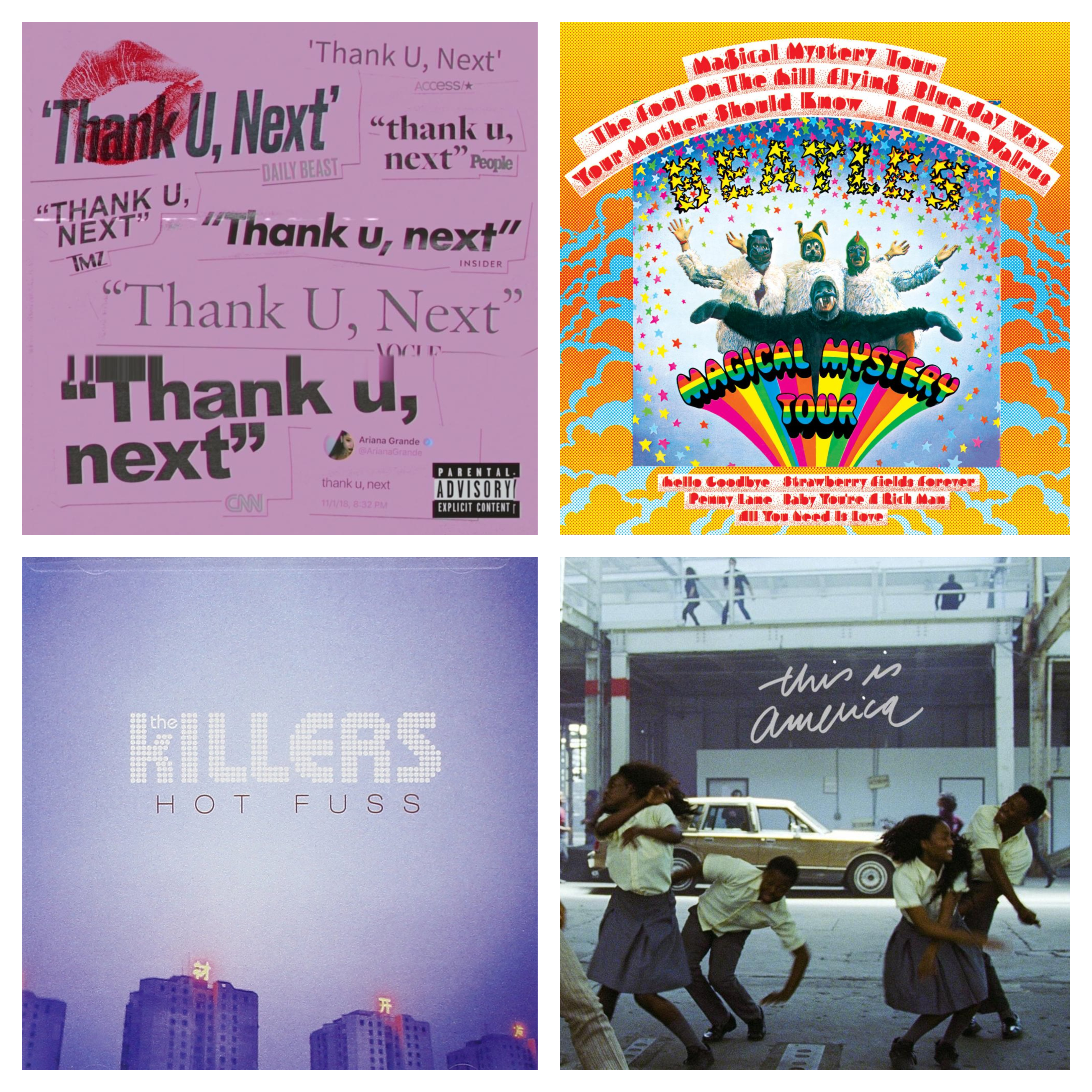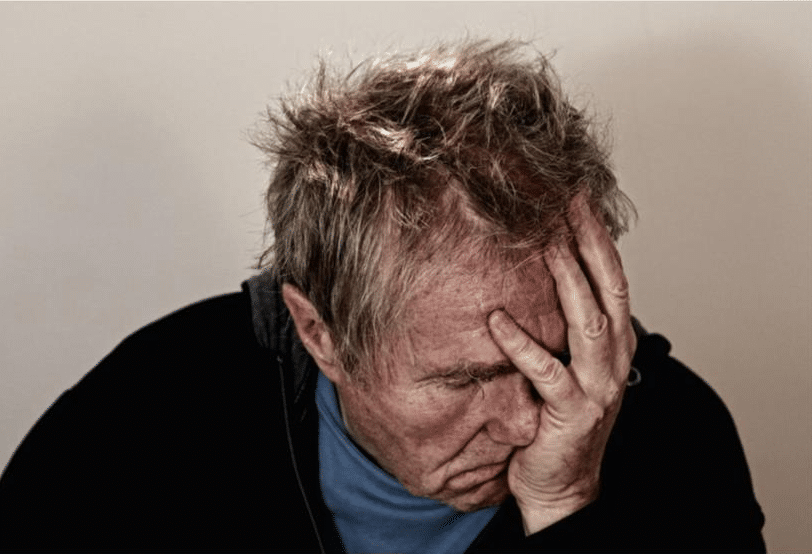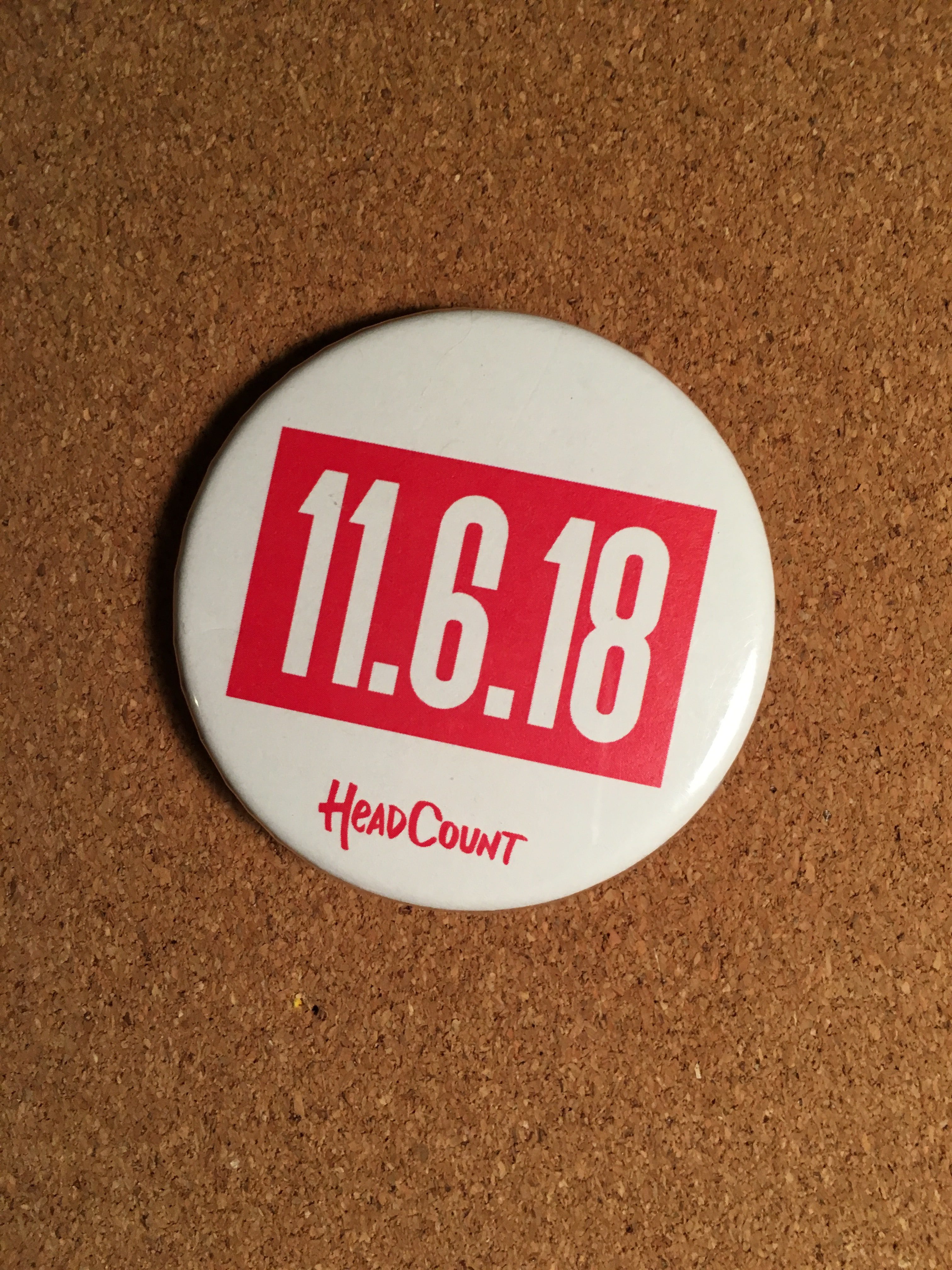By: Emily Gaudette | Staff Writer
March 1, 2020: Former mayor of South Bend, Indiana, Pete Buttigieg drops out of the Democratic presidential race and endorses former Vice President Joe Biden.

March 2, 2020: Senator Amy Klobuchar drops out of the race and endorses Joe Biden.
March 4, 2020: Former mayor of New York City, Mike Bloomberg drops out of the race and endorses Joe Biden.
March 5, 2020: Senator Elizabeth Warren drops out of the race and declines to endorse senator Bernie Sanders or Joe Biden.

Let’s recap, the democratic candidates are dropping like flies—and most are attaching themselves to the more moderate candidate, Joe Biden. This leaves frontrunners Joe Biden and Bernie Sanders to fight for the coveted Democratic nomination.
Here’s the dilemma: the support for the Democratic nomination has been spread out among the candidates, but much of those front-runner candidates have dropped out in the span of one week? Where will this support go? To progressive Bernie or moderate Biden?
I asked multiple politically-engaged students at Salve their opinions regarding the frontrunners—and how this outcome affects their confidence level as voters.
Tori, a freshman at Salve, believes that former Vice President Joe Biden will take the nomination because she just doesn’t believe Bernie Sanders is in optimal health due to his heart attack back in October. America won’t—and can’t—get behind a president who is “a ticking time bomb.”
When pitted up against incumbent president Donald Trump, she isn’t confident that Biden or Sanders can beat him. Though she would like to see the presidency come back to the Democratic party, she perceives the party to be “unorganized and ununified,” as opposed to the Republican party, in which the Republican voters all stand behind Donald Trump.
Alex, a senior, also foresees Biden taking the nomination, though he would like to see Bernie Sanders run against Trump. When asked why, he responded that “the American people just aren’t ready for his progressive policies” that he wishes to implement. Speaking on Biden, he said he represents the “Obama era”—an era that Democrats are familiar with. Biden already has a base due to Obama’s presidency, whereas Bernie had to build his base.
As the November election quickly approaches, like Tori, Alex also fears for the projected nominee’s chances against Trump. Again, the issue of division is prevalent in the Democratic party. He observes that Trump’s backing is much stronger and will ultimately lead to his reelection.
Ryan, also a senior, is the third Salve student who I have spoken to who believes that Joe Biden will take the nomination. He notes that the Democratic Committee has largely placed their support on Biden, so even if Bernie does gain the popular vote, the delegates will most likely be distributed to Biden. One of the issues he touched upon was that “younger people have become jaded with the political process,” and for that reason, they don’t go out and vote. So, older voters usually have a much higher turnout—and those are the people voting for Joe Biden.
As for November, he is concerned that the party is so divided between Sanders and Biden that if Bernie is the nominee, then Biden supporters won’t vote, and if Biden is the nominee, then Bernie supporters won’t vote. The division might jeopardize the Democratic party’s chance of taking this election in November if voter turnout poor.
The contrarian of the interviewees, Aurora, a senior, conjectures that Bernie Sanders has a plausible chance at becoming the nominee. Despite what the media has been pushing, she observes that Bernie has accrued a lot of support from people within the Democratic party. Like Alex, she thinks that Biden is “riding his campaign on the fact that he was the former Vice President of Barack Obama.”
Despite her confidence in Bernie becoming the nominee, she, like the others, has a low confidence level for a Democratic candidate winning against Donald Trump. She reconciles that the voter turnout for the Democratic party will not be enough against the Republican party.
My overall consensus shows that college students who lean liberal are not confident in the chances of seeing a president from the Democratic party at the beginning of 2021. The combination of the divisiveness in the Democratic party and the strong backing that Donald Trump has will be the ultimate downfall to the election of 2020.














